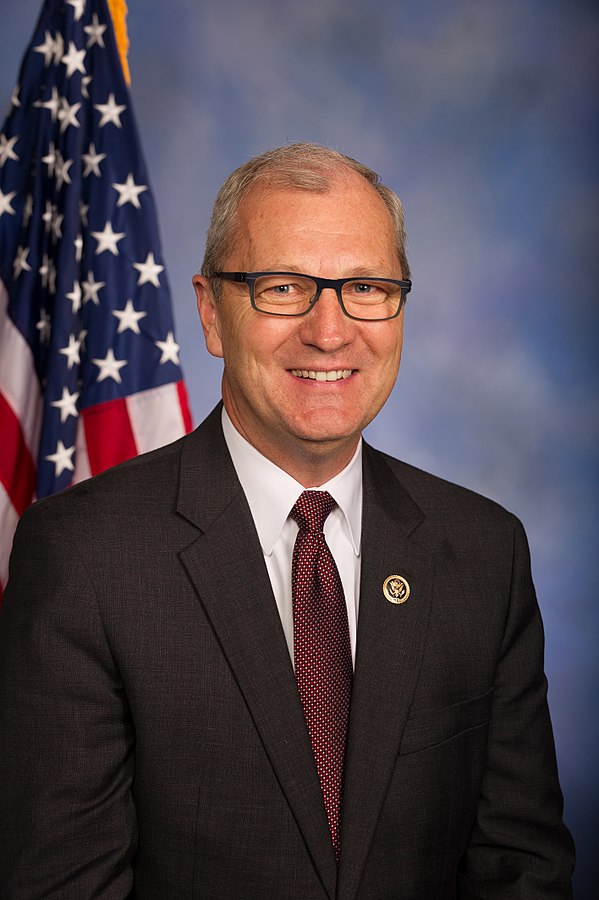
The North Dakota Democratic Party posted a misleading ad on its website and on Facebook that suggests state residents should reconsider voting in this year’s election if they have hunting licenses in other states.
Republican Rep. Kevin Cramer is seeking to unseat U.S. Sen. Heidi Heitkamp in this year’s Midterm election.
The ad comes soon after courts have upheld a provision of North Dakota’s voter ID law that requires IDs to include a street address to be valid. American Indian tribes unsuccessfully challenged the requirement, arguing that it risks disenfranchising some tribal members who long relied on post office boxes.
A look at the North Dakota Democratic-NPL Party’s claim:
CLAIM: “By voting in North Dakota, you could forfeit your hunting licenses.” – posted on the Democratic party’s website this week.
THE FACTS: The ad is false.
Nearly every state in the U.S. offers out-of-state residents a hunting license. North Dakota residents can obtain nonresident hunting licenses in other states regardless of whether they vote. All states that border North Dakota offer such a license for nonresidents.
“There’s no such law like that,” said Bruce Tague, the vice-president of government affairs for the pro-hunting lobbying group Sportsmen’s Alliance.
Typically, states charge more for non-resident hunting licenses than resident permits.
Hunters who move to North Dakota might invalidate their hunting license in other states. He noted Ohio, however, offers lifetime hunting licenses to residents that are valid even if a person moves out of the state.
A spokeswoman for North Dakota Democrats pointed to Kentucky as an example where hunting licenses may be invalidated if someone votes in North Dakota.
But Kentucky offers both resident and nonresident licenses , with a higher price for nonresidents, said Kevin Kelly, a spokesman for the Kentucky Department of Fish and Wildlife.
“We welcome them,” Kelly said of out-of-state hunters. “We want people to come hunt.”
The ad is similar to claims that discourage out-of-state college students from voting in elections, said Sean Morales-Doyle, counsel for the Democracy Program at the Brennan Center for Justice, which focuses on voting rights.
“This is aimed at telling people who are eligible to vote, not to vote because of some fear that we can’t say is based in reality,” said Morales-Doyle.